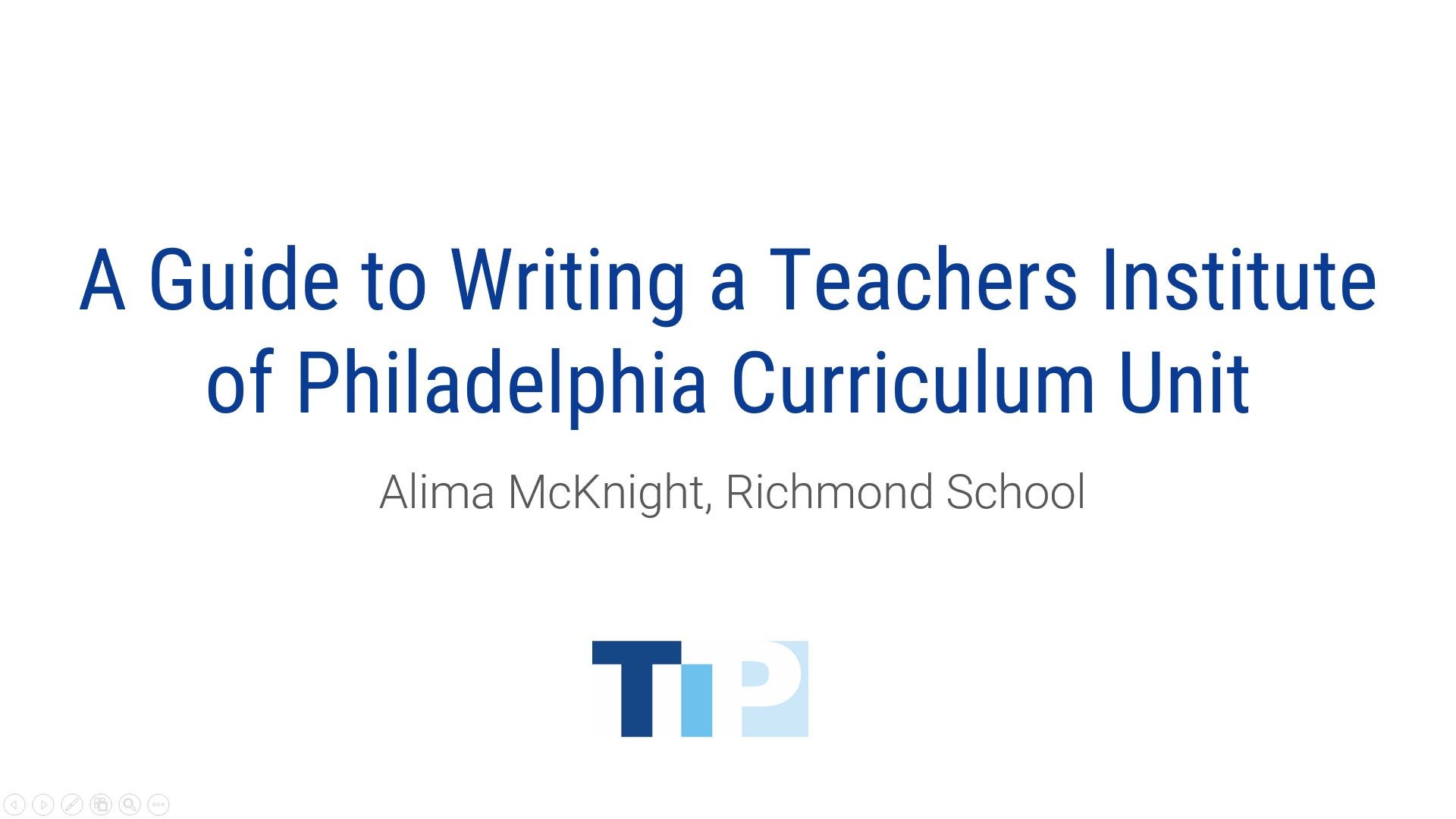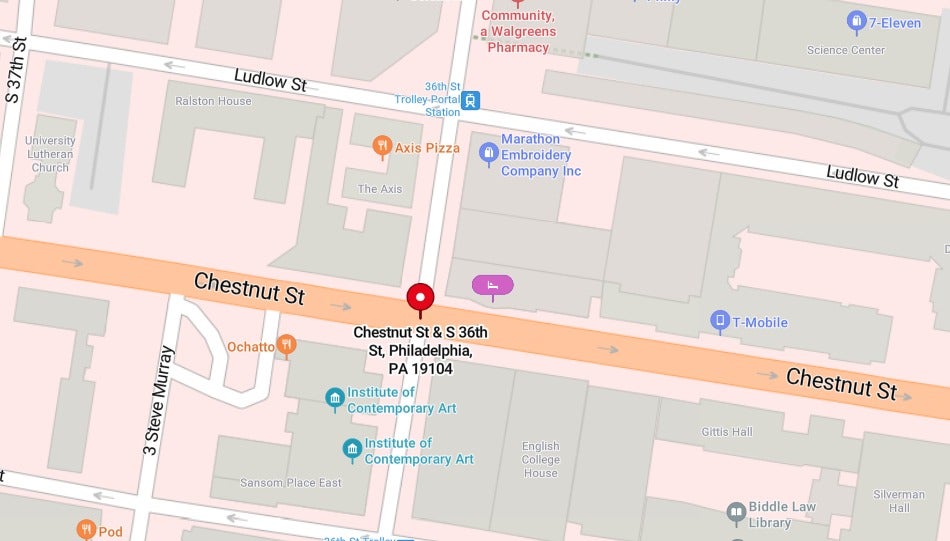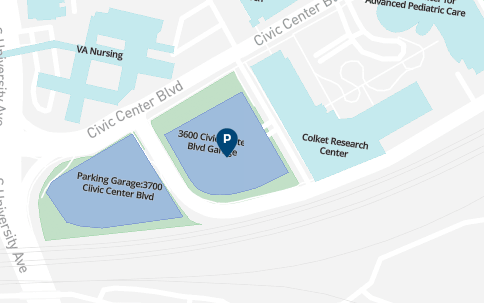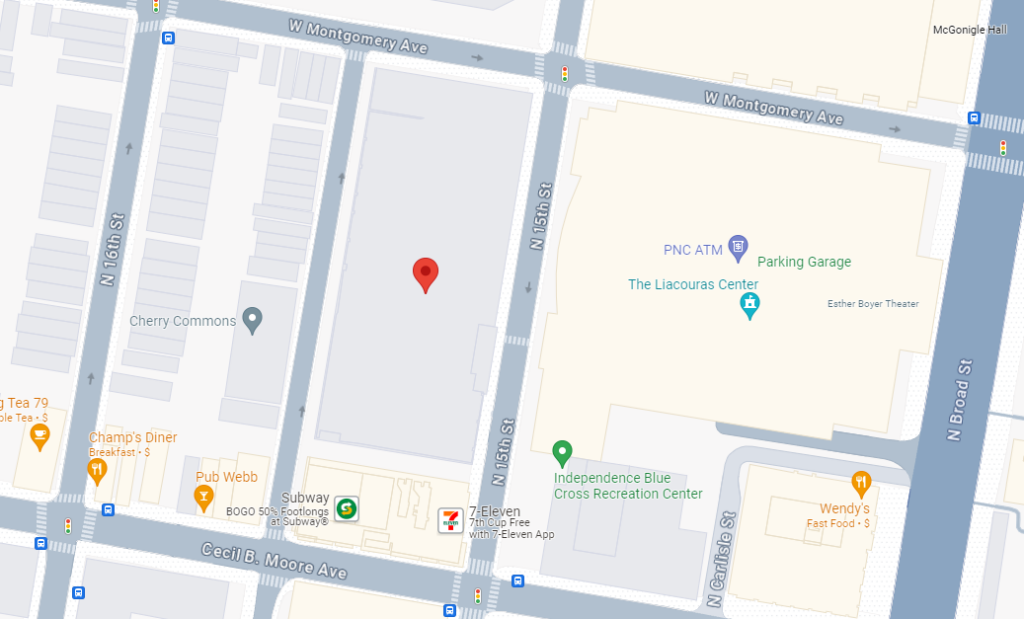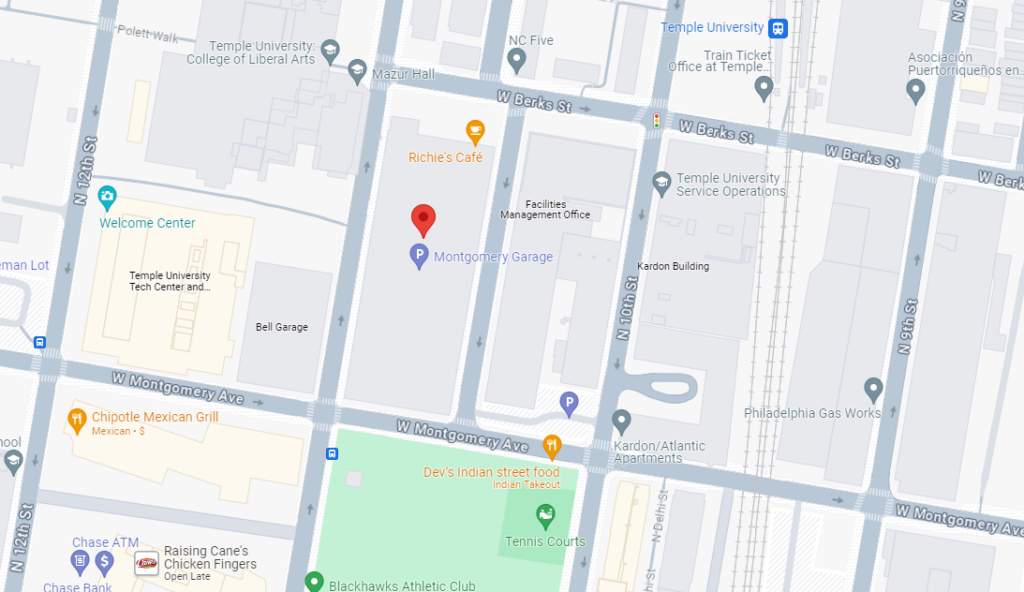Locating the Copyright Holder
The title page of a publication, or its reverse, should contain the copyright notice. This page should include the year of the publication, the name of the copyright owner, and in general, any acknowledgements of other copyright material used in the book. The word “acknowledgement” indicates that some material remains with the original owner.
The address of most copyright holders is printed with the copyright notice, but be aware that publishers may move or the copyright may be sold or transferred to another company. The publishers’ associations listed below can help in supplying further information.
Association of American Publishers
Music Publishers Association of the United States
Association of Magazine Media
Also, the U.S. Register of Copyrights keeps records of all deposits and transfers (FORM A should provide this information). The Copyright Office will, for a fee, conduct a search, on request, if there is real difficulty in locating the current owner of a copyright.
We recommend that fellows write to the copyright holder as follows requesting permission to use the materials:
Dear [Name of Copyright Holder]:
I am a teacher in the School District of Philadelphia working with the Teachers Institute of Philadelphia, affiliated with the University of Pennsylvania. I am preparing a curriculum unit for my own and my colleague’s use in school courses. I would like to include, in my unit, the following material, for which you hold the copyright.
[Title, author and/or editor, and edition]
[Material to be used – describe, give page numbers etc.]
My unit, containing this material, will be compiled with other curriculum units which the Institute will reproduce and distribute, free of charge, to teachers in Philadelphia schools and other teachers, upon request. The units are intended to provide new and exciting material for teachers to use in their own classrooms. Teachers in the Institute assemble these materials with the help of grants from various private and public funders. Because of limited, non-profit distribution of the units, for teaching purposes, we request that no royalties be charged.
I request your written permission to reproduce this material in the compiled units. Because units must be made available to teachers at the beginning of the school year, your prompt consideration and reply is greatly appreciated.
Sincerely,
[Name]



